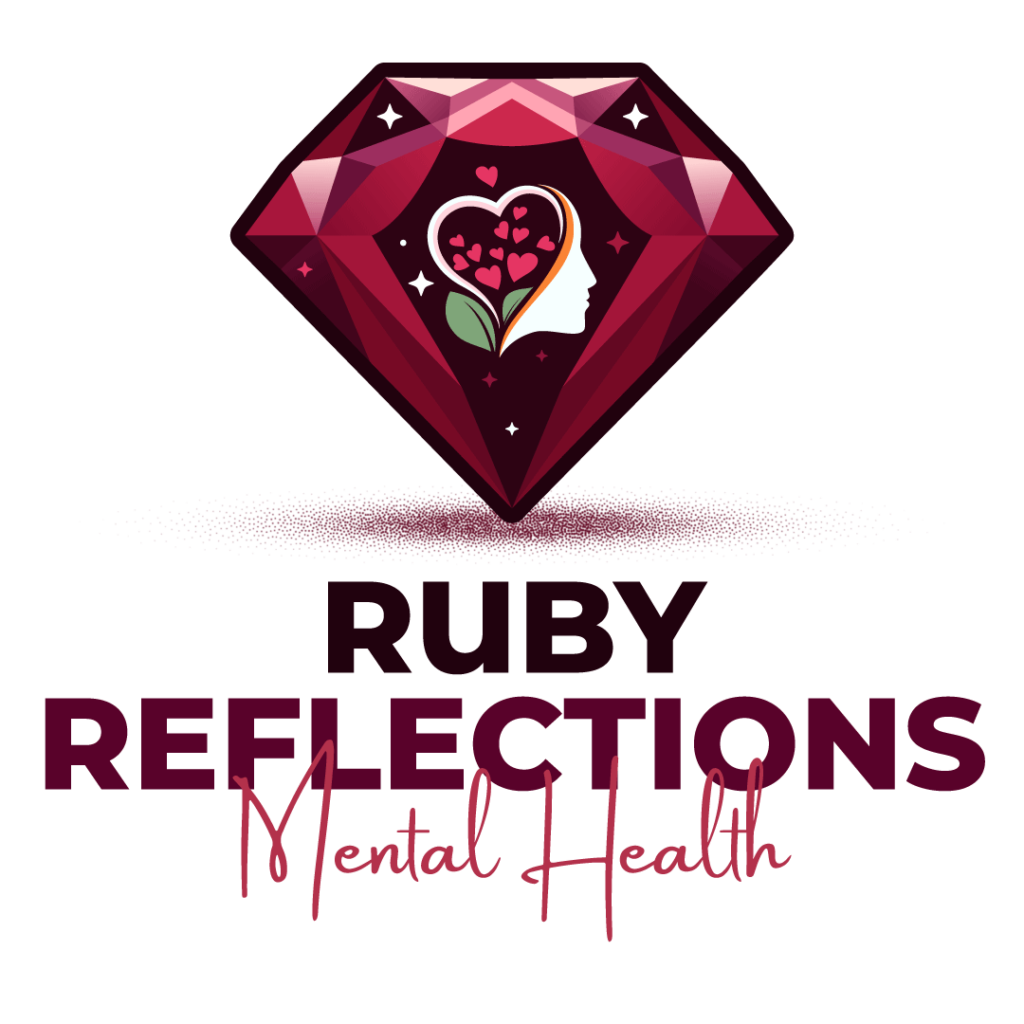Post-Traumatic Stress Disorder (PTSD)
Definition
Post-Traumatic Stress Disorder (PTSD) is a mental health condition triggered by experiencing or witnessing a traumatic event. This can include natural disasters, serious accidents, terrorist acts, war/combat, rape, or other violent personal assaults. PTSD can cause significant distress and interfere with a person’s ability to function in daily life.

Symptoms
PTSD symptoms are generally grouped into four types: intrusive memories, avoidance, negative changes in thinking and mood, and changes in physical and emotional reactions.
Intrusive Memories
● Recurrent, Unwanted Distressing Memories: Frequent memories of the traumatic event.
● Flashbacks: Reliving the traumatic event as if it were happening again.
● Nightmares: Disturbing dreams about the traumatic event.
● Severe Emotional Distress or Physical Reactions: Intense reactions to reminders of the traumatic event.
Avoidance
● Avoiding Reminders: Avoiding places, activities, or people that trigger memories of the traumatic event.
● Avoiding Thoughts and Feelings: Steering clear of thinking about or discussing the traumatic event.
Negative Changes in Thinking and Mood
● Negative Thoughts: Persistent negative thoughts about oneself or the world.
● Hopelessness: Feeling of hopelessness about the future.
● Memory Problems: Difficulty remembering important aspects of the traumatic event.
● Loss of Interest: Losing interest in activities once enjoyed.
● Emotional Numbness: Feeling detached from others or emotionally numb.
● Difficulty Experiencing Positive Emotions: Struggling to feel positive emotions like happiness or satisfaction.
Changes in Physical and Emotional Reactions
● Hyperarousal: Being easily startled or feeling tense and "on edge."
● Self-Destructive Behavior: Engaging in risky behavior such as excessive drinking or reckless driving.
● Trouble Sleeping: Difficulty falling or staying asleep.
● Irritability and Anger: Experiencing irritability or having angry outbursts.
● Difficulty Concentrating: Struggling to concentrate on tasks.
How We Can Help
Supporting individuals with PTSD involves a combination of psychological therapies, lifestyle changes, and social support. Here’s how we can help:
Psychoeducation
Providing information about PTSD to individuals and their families to improve understanding and management of the condition.
Vocational Training
Assisting individuals with job training and support to help them find and maintain employment, which can improve self-esteem and provide a sense of purpose.
Support Groups
Connecting individuals with peer support groups where they can share experiences and receive support from others who have gone through similar experiences.
Family Involvement
Involving family members in the treatment process to educate them about PTSD and teach them how to provide support.
Sleep Hygiene
Encouraging participation in social activities to reduce isolation and build a support network.
Cognitive Behavioral Therapy (CBT)
Healthy Living: Encouraging a balanced diet, regular exercise, and sufficient sleep to support overall well-being and recovery.
Prolonged Exposure Therapy
Routine and Structure: Establishing a daily routine to provide structure and a sense of normalcy.
Eye Movement Desensitization and Reprocessing (EMDR)
Relaxation Techniques: Teaching relaxation techniques such as deep breathing, progressive muscle relaxation, and mindfulness to help manage stress and anxiety.
Cognitive Processing Therapy (CPT)
Journaling: Encouraging journaling or other expressive activities to help process thoughts and emotions related to the trauma.
Cognitive Behavioral Therapy (CBT)
CBT helps individuals identify and change negative thought patterns and behaviors related to their trauma. It is effective in reducing PTSD symptoms.
Prolonged Exposure Therapy
This involves gradually exposing individuals to thoughts, feelings, and situations that remind them of the trauma in a safe way to help them confront and process their fears.
Eye Movement Desensitization and Reprocessing (EMDR)
EMDR involves guided eye movements that help individuals process and integrate traumatic memories.
Cognitive Processing Therapy (CPT)
CPT helps individuals understand and change how they think about the trauma and its aftermath.
Reach Out
If you're going through a tough time with your mental health and thinking about PTSD, please reach out to us.
Many people have found relief and improved their mental health through appropriate PTSD.
Don't hesitate to get in touch if you have questions or if you're ready to learn more about PTSD as part of your treatment.

Contact
- TX/WA: 469-250-1544
- NY/NJ: 347-378-3144
- info@rubyreflectionsmh.com
- Dallas, TX 75227
- Brooklyn, NY 11249
- Jersey City, NJ 07310
- Seattle, WA 98104
- Monday- Saturday (0800-2100)
- Sunday (closed)
Copyright © 2024 Ruby Reflections. – Psychiatric Evaluation. All Rights Reserved.


